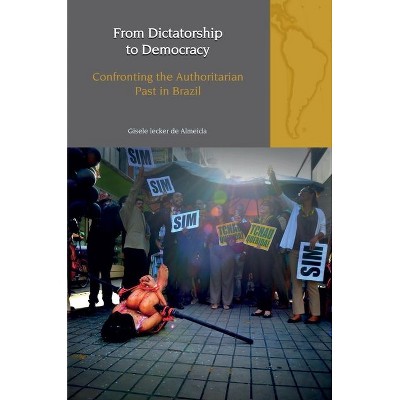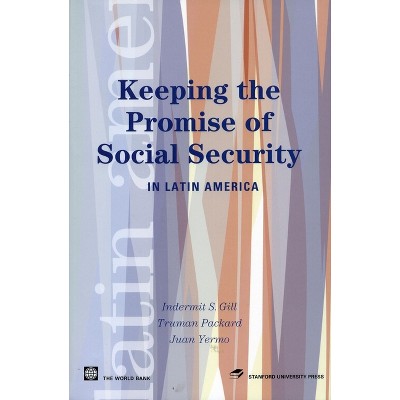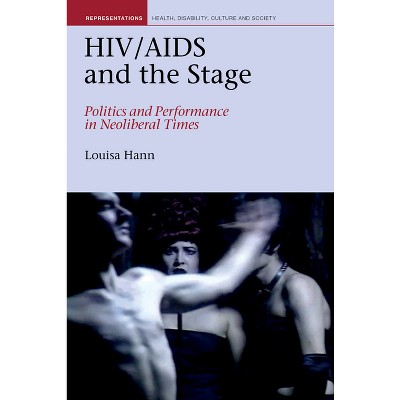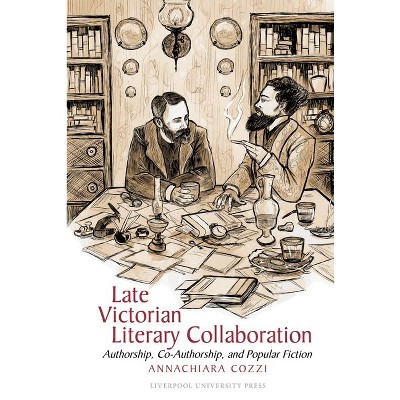Sponsored

Jurisdictional Battlefields - (Liverpool Latin American Studies) by Mario Graña Taborelli (Hardcover)
In Stock
Sponsored
About this item
Highlights
- An Open Access edition of this book is available on the Liverpool University Press website and the OAPEN library as part of the Opening the Future project with COPIM.This book examines three expeditions by the Spanish to the borders of Charcas, a district that covers present-day Bolivia and the northwest of Argentina, in the second half of the sixteenth century, using an approach that has not been attempted until now.
- Author(s): Mario Graña Taborelli
- 256 Pages
- History, Europe
- Series Name: Liverpool Latin American Studies
Description
Book Synopsis
An Open Access edition of this book is available on the Liverpool University Press website and the OAPEN library as part of the Opening the Future project with COPIM.
This book examines three expeditions by the Spanish to the borders of Charcas, a district that covers present-day Bolivia and the northwest of Argentina, in the second half of the sixteenth century, using an approach that has not been attempted until now. Scholarship on these events has framed them as part of a gradual top-down process of centralisation driven by the Crown to extend its power and build a colonial 'state' in the Americas. This book challenges that view, approaching the expeditions through an analysis of the political culture that underpinned them. It explores the events within the process of installation and consolidation of royal jurisdiction, understood here as the authority to establish law and deliver justice, in a remote area. This was a process achieved through coercion and violence, as well as negotiation and consensus, that involved both the Spanish and indigenous peoples, and that frequently created overlapping jurisdictions, via downscaling of politics and dispersal of power. Jurisdictional politics were decided and settled in battlefields and courts and involved the theatricalization of power, to make a distant monarch present, which, paradoxically, made such absence the more evident. The book is an invitation to re-dimension the scope of Spain's empire
Review Quotes
"(The book) is effectively presented, written in a clear manner, and exceptionally well-researched. It will be a welcome addition to the scholarship on colonialism, empire, and local rule vs. global pretensions." Professor Martin Nesvig, University of Miami
"Though both the geographical and chronological frame for this study are very narrow, this particular approach allows the author to return to well-trodden historiographical territory with fresh eyes and the potential to deliver new insights. The research and analysis within the monograph are very compelling." Assistant Professor Max Deardorff, University of Florida
Shipping details
Return details
Trending Non-Fiction











